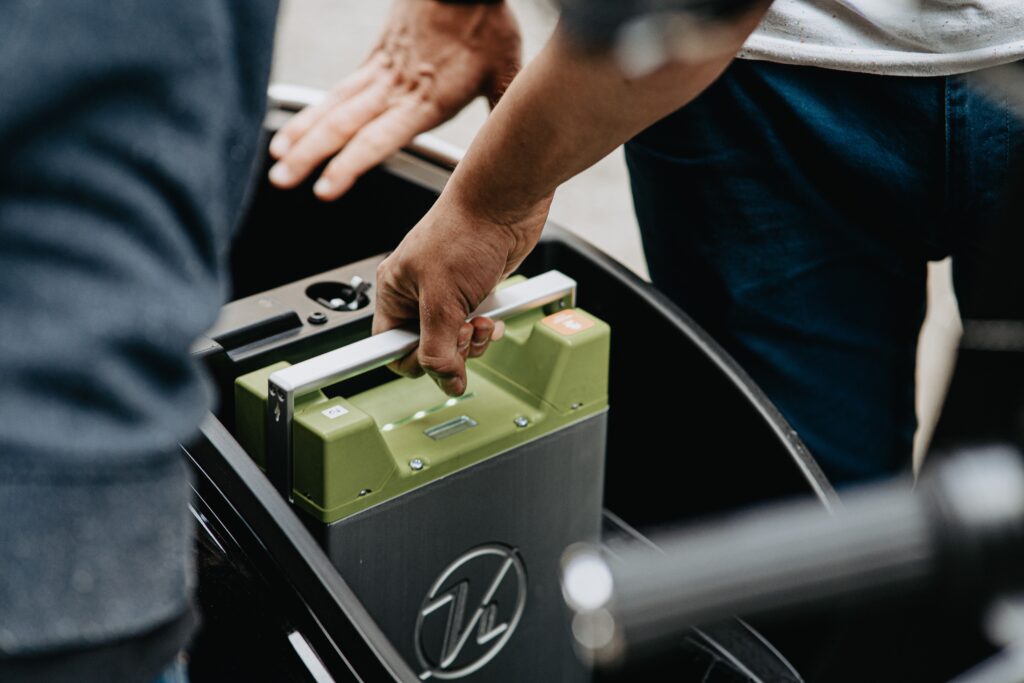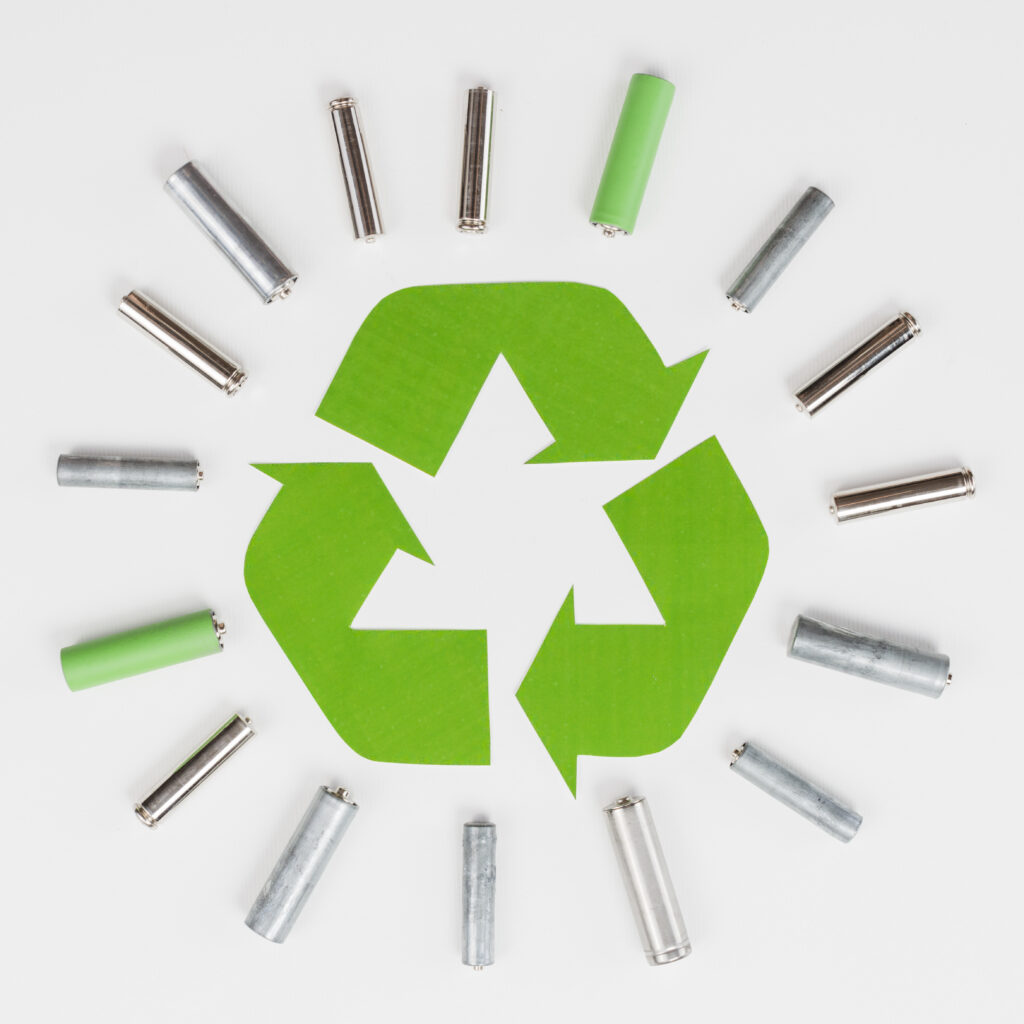Currently, with the growing tech-age consumer electronics and EVs add to the bulk of used lithium-ion batteries and are driving manufacturers to produce new ones frequently. Industry analysts have estimated that over 5 million metric tons of LIBs will be used by the year 2030. Due to various reasons, only 5-7% or fewer of used lithium-ion batteries are recycled today, which means most of them to end up in landfills.
Lithium-ion battery recycling requires specialized machinery and processes. This is why they are only handled by well-equipped, experienced and dedicated recycling teams. The sensitive nature of these batteries demands their fragile handling before shipment. LICO aims to reduce India’s dependence on other countries for recycling LI-ion batteries by developing professional processes to do the same seamlessly.
When other countries do the recycling of Li-ion batteries, our spending on EV vehicles increases by 30-40% and therefore there is an increase in the cost of the product. When LICO recycles Li-ion batteries, it reduces our dependence and reduces spending on the products using these batteries. The major drawback our nation faces is when we import these batteries so LICO aims to excel in the sphere of recycling lithium-ion batteries. This e-waste recycling means we save money on imports from China, Korea and many such nations that lead in these areas of development.
Having a Li-ion battery recycling company in the nation means reducing our dependence on other nations for the same which also promotes the concept of ‘Aatmanirbhar Bharat’. LICO religiously believes in and embraces the concept of the circular economy. A circular economy is an industrial system that is regenerative or restorative by design and intention. It replaces the end-of-life concept with renewing and restoration, shifts towards the elimination of the use of toxic chemicals, which impair reuse and return to the biosphere and aims for the elimination of waste through the superior design of materials, systems, products, and business models.

The aim behind recycling these batteries is lithium recovery and recovery of other such components required in the battery. The recovery of these parts means using these materials in the exact same manner. These li-ion batteries use many such components that are mined from under our planet with great difficulty and conducting these processes repeatedly can be time-consuming and expensive. Thus, the battery cost increases.
LICO’s mission is to recycle and be able to sustain the EV industry and the economy as a whole. When we do li-ion production and recycling in our nation, we are also curbing issues like child labour in other countries where children and young people are made to work in these hazardous places to save on their costs. Raw materials used in the batteries are not available in India and so far no one in India is making it either which increases the overall cost of the battery and the product. That’s where LICO comes into the picture as it does manufacturing and recycling which saves money, reduces dependency, and money for imports will reduce and overall strengthen the economy of the nation.
When LICO recycles the used batteries, the raw materials and recovered metals become the by-products of that process and make the new batteries much cheaper in India. Using these recycled batteries reduces waste and manual labour as well. This means the overall vehicle and fuel cost will also be minimized. In short, more recycling would mean less dependency on virgin material and minimal environmental harm.


